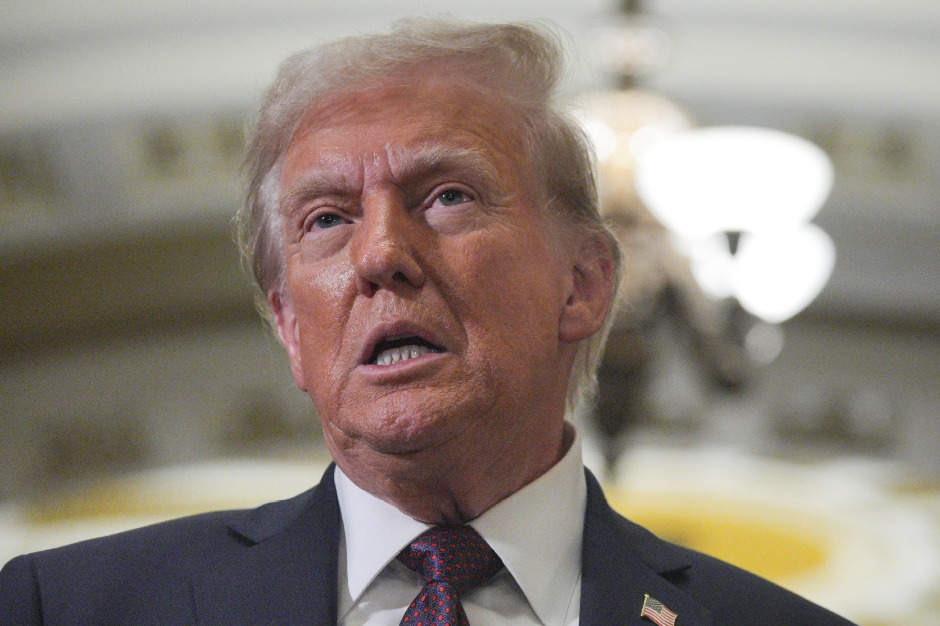Brexit, election concerns take blame for UK's falling business output: Survey

LONDON - UK business output has seen the sharpest drop in more than three years in November amid continuing Brexit uncertainty compounded by an upcoming general election.
The headline IHS Markit / CIPS Flash UK Composite Output Index fell to 48.5 in November, down from 50.0 in October, which signals contraction.
The decline was the worst since July, 2016, and survey respondents largely attributed the weaker domestic economic conditions to a lack of clarity in relation to Brexit, alongside a fresh injection of business uncertainty from the forthcoming general election on Dec. 12, according to IHS Markit.
The manufacturing PMI (Purchasing Managers' Index) stood at 48.3 in November, down from 49.6 in October while the dominant services PMI registered 48.6 in November, down from 50.0 in October, IHS Markit said.
Chris Williamson, Chief Business Economist at IHS Markit, said the decline signaled by the flash PMI follows stagnation in October and puts the economy on course for a 0.2 percent drop in GDP in the fourth quarter.
"The PMI surveys are not only warning that the underlying trend in the economy is deteriorating markedly, but also that the labor market is cooling. A worsening jobs market has the potential to feed through to weaker consumer spending and slower wage growth," Williamson said.
Thomas Pugh, an economist at Capital Economics, said: "Indeed, even though we think that the PMIs are probably overstating the weakness in the economy a bit, the downturn in the services PMI is especially worrying."
While Brexit issues such as stock-building and car factory closures have led to volatile GDP data so far this year, the Bank of England has faced a testing time for monetary policy decisions and has put on hold the interest rate at 0.75 percent until the fog clears.































